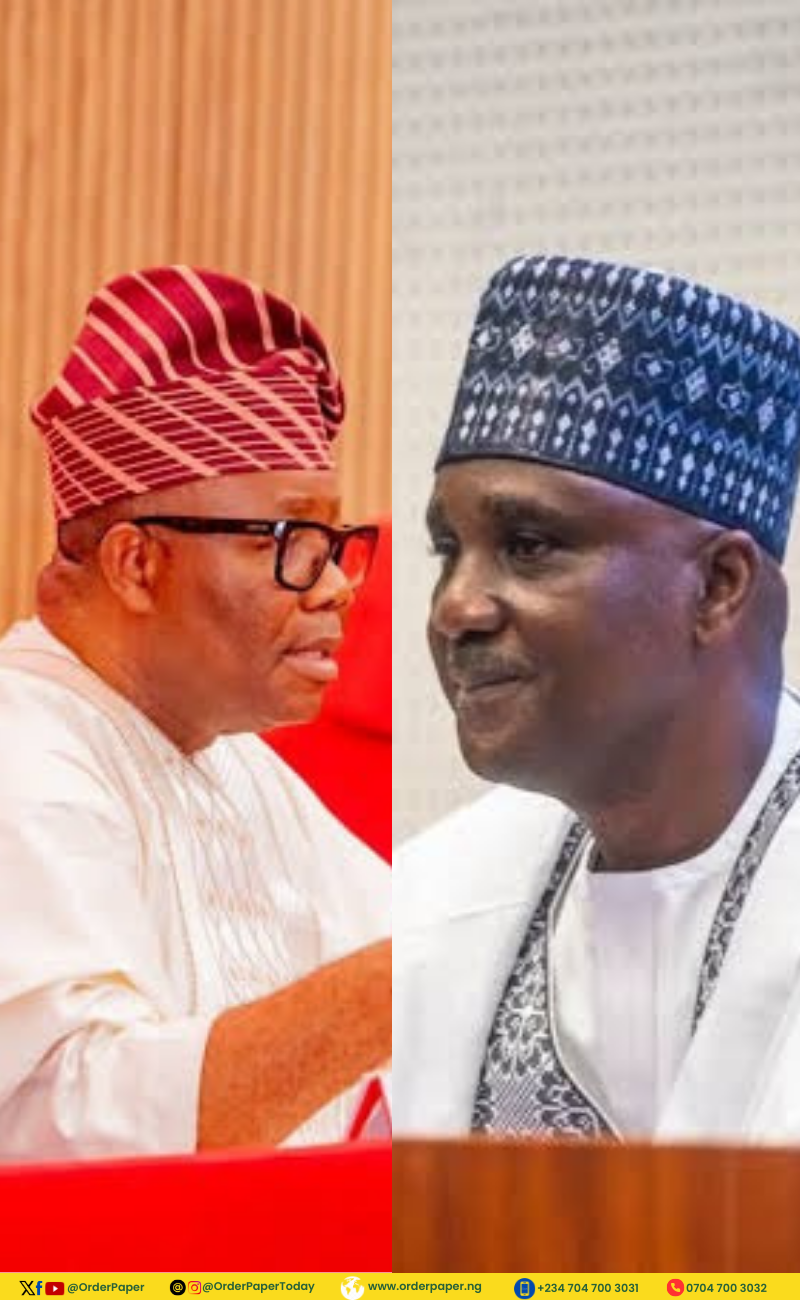“The idea of a Prime Minister in Nigeria’s current system is, at best, an unnecessary distraction and, at worst, a costly addition to a government that is already bloated and inefficient”

Nigeria is a country facing serious, pressing challenges—crippling inflation, widespread insecurity, a struggling economy, and a populace growing weary of governance that feels more disconnected from their needs by the day.
Yet, rather than focusing on policies that could bring immediate relief, our lawmakers are busy debating a bill that would create the office of a prime minister.
The bill, which has now passed the second reading at the House of Representatives, proposes to introduce a new executive position, ostensibly to improve governance. But let’s be honest: does Nigeria need another layer of bureaucracy? The answer is a resounding no.
The idea of a Prime Minister in Nigeria’s current system is, at best, an unnecessary distraction and, at worst, a costly addition to a government that is already bloated and inefficient. We already have a president, a vice president, ministers, governors, and an expansive legislative body—yet governance remains sluggish, and service delivery is poor.
What exactly will a prime minister do that these existing offices cannot?
If the goal is to improve governance, the focus should be on fixing the inefficiencies in our current system, not creating new titles and offices. Nigerians are not crying out for more politicians—they are demanding better roads, stable electricity, affordable food, security, and jobs.
But instead of addressing these real issues, lawmakers are choosing to tinker with constitutional structures that are not the root of our problems.
This bill does not solve anything. It does not reduce corruption. It does not create jobs. It does not put food on people’s tables. What it does, however, is add another layer of government that will likely come with more spending, more political appointments, and more bureaucracy—all at the expense of the average Nigerian.
Nigeria does not need a prime minister. Nigeria needs leadership that prioritizes solutions over political experiments. If lawmakers are truly interested in governance reforms, let them focus on policies that actually improve the lives of the people they were elected to serve.
Charles Jiduwah writes from the UK.




